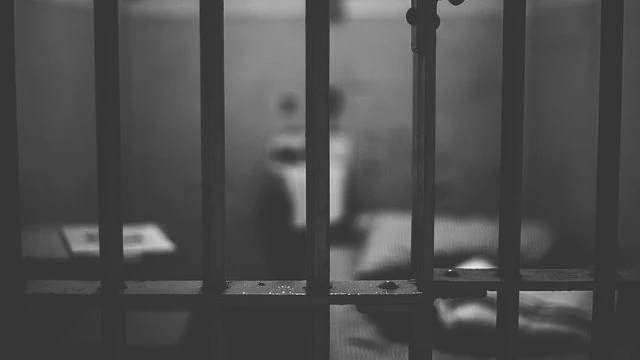Over 1.2 million people are currently incarcerated in state and federal prisons across the United States. Approximately, two-thirds of them are forced to work, according to the American Civil Liberties Union.
This November, voters in five states will have the chance to end forced labor in prisons by voting to remove the punishment clause from their state constitutions.
The loophole that allows forced labor in prisons
In 1865, the 13th Amendment was introduced to the U.S. Constitution to abolish slavery. But it included an “Exception Clause,” also known as the Punishment Clause, which made slavery and involuntary servitude remain legal as punishment for a crime. This clause means that incarcerated people face the risk of forced labor every day.
On average, prisoners are paid less than $1 per day for non-industry prison jobs. Those who refuse to work often face punishments. Krysta Bisnauth, senior advocacy officer at Freedom United, explains to Yahoo! News:
We know from speaking with formerly imprisoned persons that prisoners can be denied calls from their family, they may be sent to solitary and they may even be denied parole for refusing to work.
The upcoming vote
The spotlight is on Alabama, Louisiana, Oregon, Tennessee, and Vermont this November as they put the removal of the Punishment Clause to a public vote.
So far three other states have removed the exception clause from their state constitutions: Colorado, Utah and Nebraska. Rhode Island was the only state to have completely abolished slavery in all its forms prior to the 13th Amendment.
However, even if states amend their constitutions, transformation in prison facilities would not be immediate. Bisnauth tells Yahoo! News:
Things would not automatically change, unfortunately. But what it would do is open the door, again, for [incarcerated people] to take cases to court and to say, look, this is illegal in our state, you can’t do this anymore.
Why this is a racial justice issue
No country in the world has as high an incarceration rate as the U.S. And Black Americans are almost five times more likely than white Americans to face imprisonment, according to a 2021 report by the Sentencing Project.
Bisnauth explains the how slavery in the U.S. prison system is a racial justice issue:
There’s this huge legacy in the U.S. of racist policies in the form of the legal system of slavery, which is perpetuated through mass incarceration and the prison industrial system.
Join the movement to abolish the Punishment Clause
Together with partners, the Freedom United community is demanding all states and the federal government to explicitly outlaw slavery and involuntary servitude as punishment for a crime in the U.S. and state constitutions.
Join us in calling for an end to the Punishment Clause in the United States!







Freedom United is interested in hearing from our community and welcomes relevant, informed comments, advice, and insights that advance the conversation around our campaigns and advocacy. We value inclusivity and respect within our community. To be approved, your comments should be civil.
Don’t do the crimes and they won’t be in prison!! Tis pure BS!!